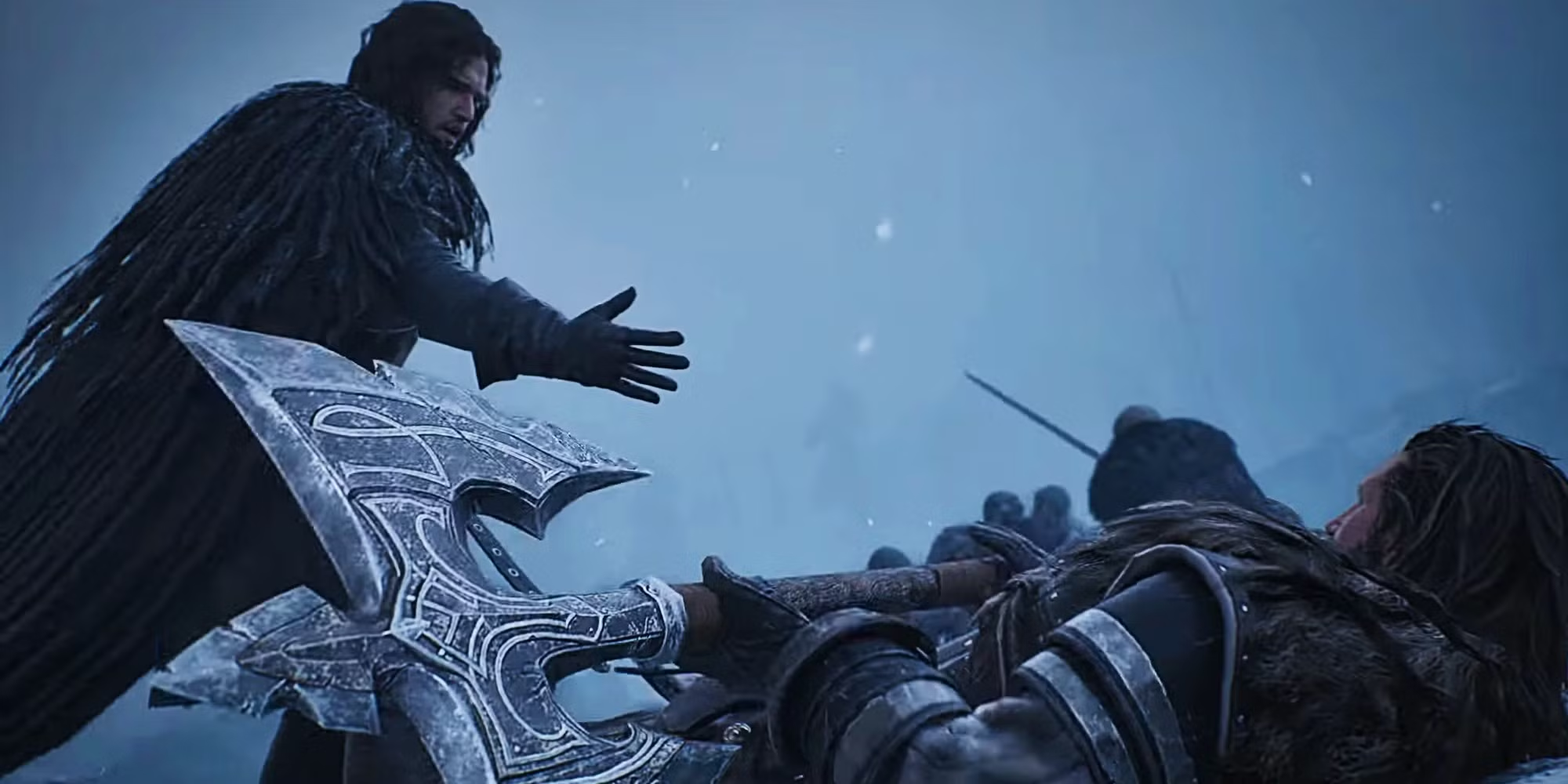Chinese fans have voiced their anger and disappointment – and a sense that the drama in Westeros is not unlike to their own nation’s political machinations – after the final episode of HBO epic Game of Thrones came to an end at the weekend.
Game of Thrones, translated as Quanli de Youxi, “Game of power”, has been a huge hit in China since it debuted eight years ago. For years, online volunteers have helped write Chinese subtitles for pirated copies of the show, often censored in sanctioned versions for violence and nudity.
Fans have given their favourite characters nicknames in Chinese — Jon Snow is referred to as Jiongnuo, which means in part “awkward” and Tyrion Lannister is known as xiao emo, or “little devil”— and in one case reimagined them as Chinese street vendors.
Even Xi Jinping, the president, has reportedly referenced Game of Thrones in a meeting, saying the world should not descend into a situation like the show’s warring kingdoms of Westeros.
But fans inside China, like many outside it, were not happy with the ending. “An epic show gets an epically bad ending,” one wrote on Weibo, where discussions of the show were among the top trending topics on Monday and Tuesday. “After so many years, this vast drama ends like this, and I feel nothing,” another said.
“No one can escape death. But write a bad ending, and it will be hung forever in history,” another fan wrote, referencing a Chinese poem.
Like fans elsewhere, Chinese viewers criticised the rushed last season and abrupt shifts for characters. Chinese fans agreed with those calling for a remake of the last season. The hashtag, “Millions of Game of Thrones fans petition for remake” had more than 5m views and hundreds of comments. “It is rare for people all over the world to agree on one thing,” one wrote.
On Monday, the popular online streaming platform Tencent angered viewers when it said the airing of the show would be delayed because of a transmission problem. One fan complained on Tencent’s social media account that he had stayed home from work just to watch the finale.
A representative for HBO, which has a partnership with Tencent, told the Wall Street Journal there had been no transmission issue and the show was blocked on China’s end “due to the ongoing trade dispute between Washington and Beijing”.
Last month, premier Li Keqiang used the show as a way to boost China’s Belt and Road initiative among eastern European countries, the 16+1 bloc, at a meeting in Dubrovnik, Croatia, a film location for the show.
“While [the show] is reaching its end, the new round of 16+1 cooperation is beginning … because this is not a ‘game’, but a reflection of win-win cooperation,” he said.
Chinese leaders may be quick to draw contrasts with the show because of comparisons some have made between the characters’ uncertain political fortunes with those of Chinese officials who fall on the wrong side of Xi.
One fan wrote of the finale, in which the remaining characters end the cycle of dynastic rule in favour of a leader chosen by a group of elites: “In the end, a group of nobles together elect and support the system of one king. This is very familiar …”
Lillian Yang contributed additional reporting




















![[Book Review] The Blade Itself (The First Law Trilogy) by Joe Abercrombie](https://bendthekneegot.com/wp-content/uploads/2018/01/1516047103_maxresdefault-218x150.jpg)

















